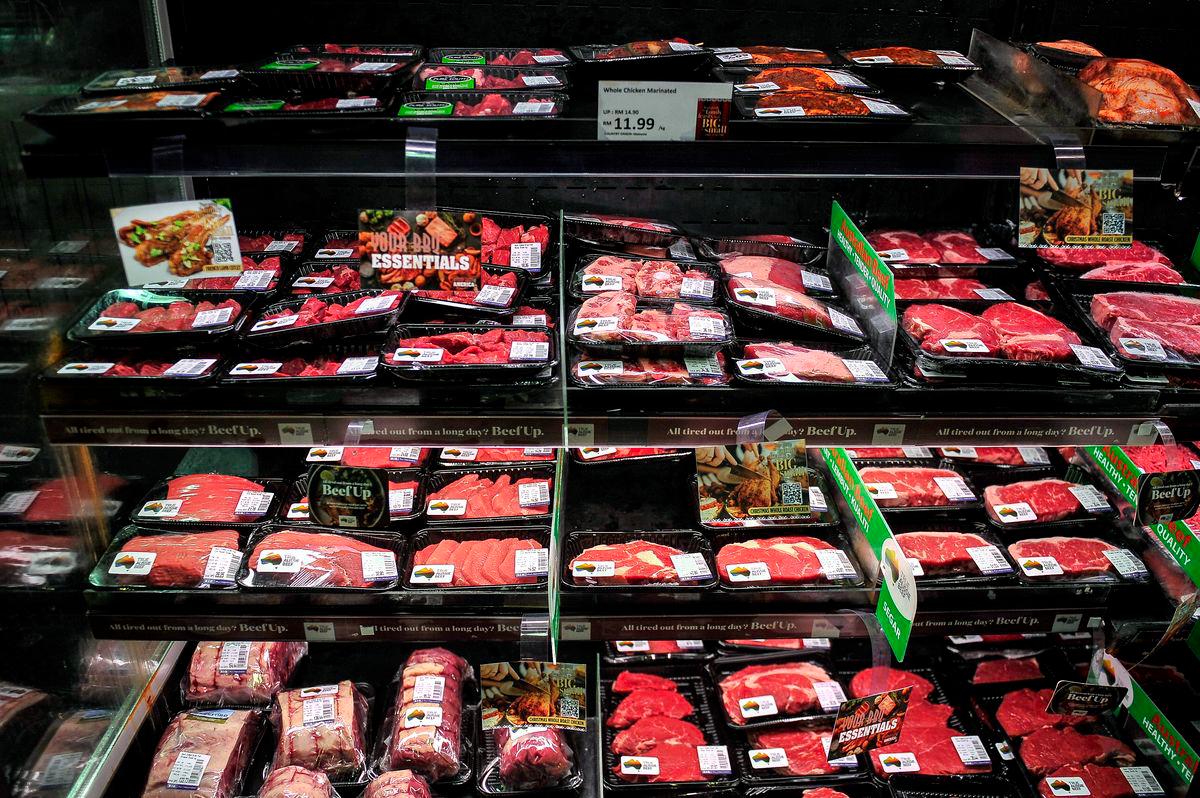PUTRAJAYA: All slaughtering and processing of meat and meat-based products, supplied or exported to Malaysia, are carried out in accordance with the standards and regulations set by both Malaysia and Australia.
Department of Islamic Development Malaysia (JAKIM) director-general Datuk Dr Sirajuddin Suhaimee said this was to ensure that only genuinely halal products reach the public, especially Muslims, in the country.
He also denied claims made in a viral video that JAKIM does not conduct audits on imported Australian meat.
According to Sirajuddin, the video circulating on social media under the title 'JAKIM jarang audit daging import Australia, rakyat Malaysia termakan bangkai' (JAKIM rarely audits imported Australian meat, Malaysians eat carcasses) is an old recording from 2022, which has been re-shared.
“The video contains inaccurate information and could mislead the public,” he said in a statement today.
He said that JAKIM has a holistic halal assessment and monitoring mechanism, involving comprehensive procedures at the national level, and is recognised internationally.
“This mechanism also includes the assessment and continuous monitoring of overseas halal certification bodies recognised by JAKIM, to ensure that only products which fully comply with Islamic law and Malaysian standards are allowed into the local market.
“Internationally, JAKIM operates a Halal Attache Office at the Malaysian High Commission in Canberra, Australia, which is responsible for scheduled and continuous monitoring of slaughterhouses and meat processing plants, approved and recognised by the Department of Veterinary Services (DVS) Malaysia,” he said.
Australia’s Department of Agriculture, Fisheries and Forestry (DAFF) also enforces regulations governing the entire process of preparing halal meat for export.
“Only products which meet Australian export regulations, and comply with the requirements of the importing country, including Malaysia’s halal standards, are permitted for export,” he said.
“Additionally, at the country’s entry points, comprehensive inspections are carried out by the Department of Quarantine and Inspection Services Malaysia (MAQIS) and the Royal Malaysian Customs Department.
“All documents, including the halal verification certificate, consignment note and import details, are thoroughly checked, and only products which are authentic, complete and meet all requirements are allowed into the local market,” he said.
In this regard, he reminded the public to verify the validity of any information before sharing it, and to refer any halal-related matters to the competent authorities for confirmation. - Bernama









